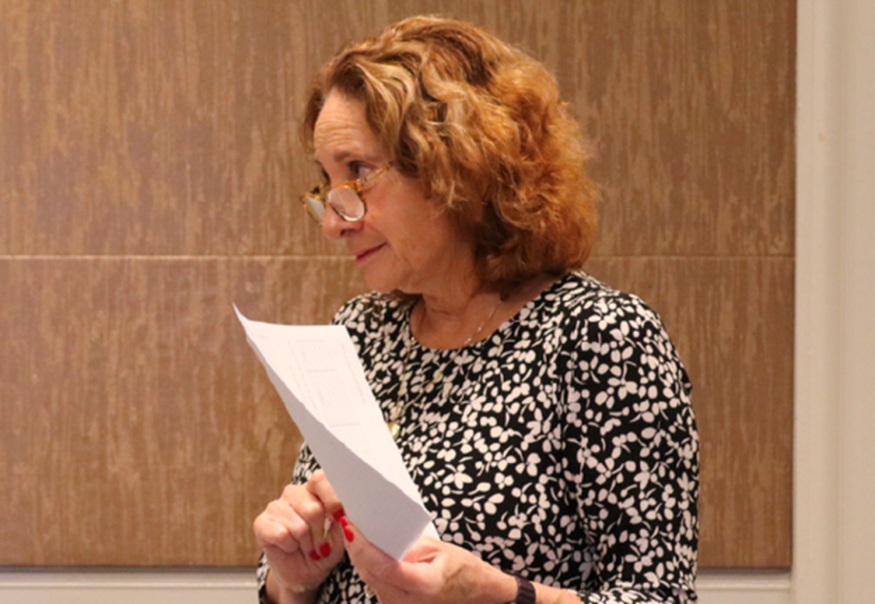
Susan Deveney is an expert in how to use mediation to solve business or family disputes, civil cases, workplace disputes, and public policy challenges. Mediation is designed as an alternative to litigation or arbitration, which can be time-consuming, complex, and expensive. Additionally, solving disputes through mediation is not only voluntary, but it also prevents details of the matter from becoming public records. The benefits of mediation are concrete, yet a successful outcome demands that the mediator have a specific set of soft skills, most notably—social and emotional intelligence.
Social and Emotional Intelligence in Mediation
Mediation is a litigation prevention practice that helps clients overcome legal challenges and reach amicable resolutions. The term social and emotional intelligence has nothing to do with the clients or the facts of the case. It has everything to do with helping the mediator keep all parties communicating and compromising. Both social and emotional intelligence involve a high level of self-awareness.
The mediator must be mindful of their own experiences and emotions, including strengths, weaknesses, and any topics that might trigger an emotional response. When the mediator is trained to manage their emotions effectively, it prevents their judgment from being clouded or interfering with their professional duties. A successful mediation can be viewed as a creative compromise. A lack of social and emotional intelligence can hinder conflict resolution, decrease empathy for one stakeholder versus the other, and reduce the mediator's awareness of how her comments and behaviors are being perceived by the clients or what the clients are communicating through their verbal and non-verbal communication.
Can social and emotional intelligence be taught?
According to Susan Deveney, Head Instructor at Conflict Resolution Training Inc. (CRT), "As a mediator, you must be able to see the movie playing out in your mediation room from the perspective of every participant present, including you. While simultaneously viewing the movie from multiple perspectives, you must know how to communicate and guide the mediation discussion in a way that elicits a positive response from everyone involved so that ultimately, the perspectives of the participants align."
CRT's professional development training programs emphasize the use of social and emotional intelligence at every step along the path to dispute resolution. Mediation can be complicated, and it is challenging to be an effective mediator if you lack the soft skills required to resolve conflicts. The subjects discussed may be explosive, offensive, or contrary to social norms. The mediator's job is not simply to have a conversation where the participants guide the discussion and are reminded to be nice. Social and emotional intelligence on the mediator's part must take the lead.
Any social and emotional intelligence training program may target the following topics:
• Self-awareness
• Social Awareness
• Critical Thinking
• Self Control
• Implicit Bias Recognition
The mediator must be prepared to present the facts involved in a dispute in a less adversarial manner in order to de-escalate conflict between parties and, ultimately, achieve the goal of mediation, which is always to reach a fair and equitable settlement of a dispute based upon the relevant circumstances of the parties. Training programs that incorporate the use of social and emotional intelligence skills to influence behavior and outcomes positively elevate the results of the mediation process.
